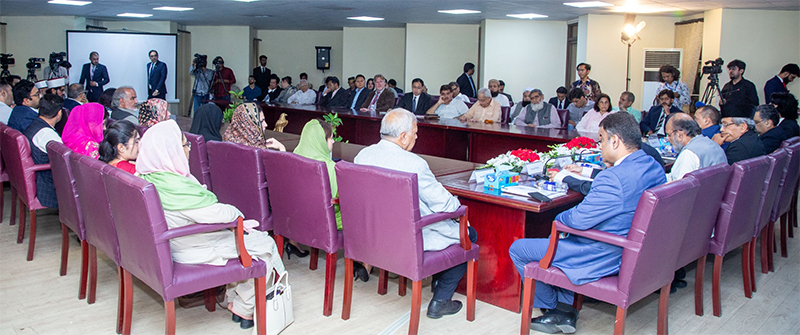|
Every law of the land is a social contract between the state and the individual, which is covered in the definition of the words "Mesakh" and "Akhoat" in the Quran. The Quran strongly emphasizes these concepts, making it convenient for Muslims to identify commonalities and uphold the law in their country as an aspect of their faith. It is an obligation for every Muslim to uphold all "Mesakh" under the Quran, whether it is a private contract for trade or otherwise. The Exalted Prophet (Blessings and Salutations be Upon Him) was not only a lawgiver but also an international law practitioner, as he drafted, executed, and utilized treaties to create influence. Unfortunately, this aspect of the Exalted Prophet (Blessings and Salutations be Upon Him) Sunnah has been overlooked in the Muslim community. We fail to participate in international negotiations and forums, such as the United Nations, where Shura (consultation) takes place. These forums have become venues for concentration and value exchange.
As Muslims, we need to collaborate intellectually and participate with a uniform strategy in global forums. We must excel in the art of treaty negotiations and develop expertise to bring us at par with other nations. Everyday issues, such as contracts and agreements, are tied to the covenants in the Quran. As entrepreneurs, we have a specific covenant to excel in our worldly roles, whether as businessmen, agriculturalists, scientists, or scholars. If we fulfill the mandate of the law, we ultimately fulfill the mandate of the Quran. Therefore, Muslims should perform 'amal-e-salih' (good deeds) for the state.
|
|
|
|
|
|

